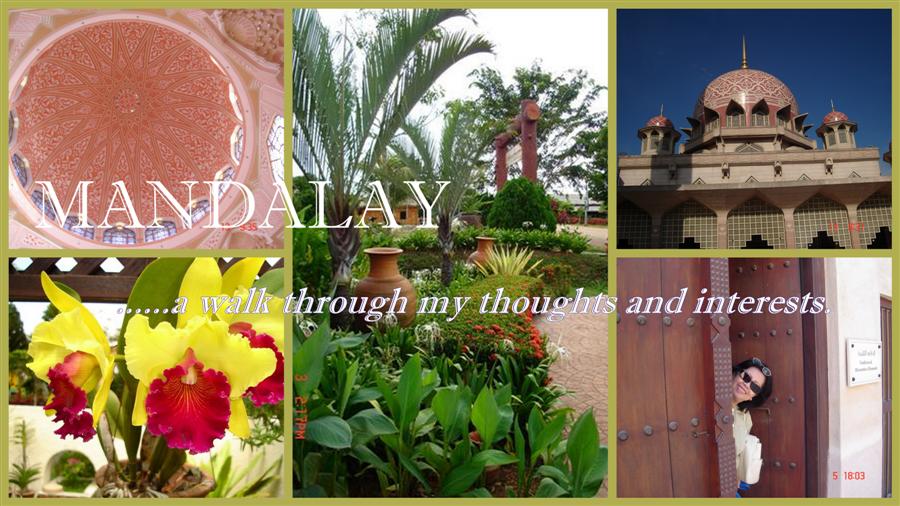 The Ottoman Empire, 1700-1922 by Donald Quataert
The Ottoman Empire, 1700-1922 by Donald QuataertMy rating: 4 of 5 stars
In the summer of 1983 school children lined the sidewalks of Vienna to see the museum exhibition as part of the celebration commemorating the 300th anniversary of the 2nd Ottoman siege of Vienna. To today's European general public, 1683 was the year they were saved from the alien Ottoman - the "unspeakable Turks", as they have been typecast.
In reality there is so much presence of the Ottomans in European culture that prompted Prof Donald Quataert (DQ) to write this book. The Prof iterates that at it's zenith, the Ottomans served as a model for qualities Europeans wished to have. Ottoman military and administrators' incorruptibility, discipline and obedience were an inspiration to monarchs, soldiers and statesmen. The Ottomans contributed coffee, tulips and smallpox inoculation. Western Europe and America owe much of their values to the Ottomans.
For me, the reading of a couple of books by Orhan Pamuk stirred my interest in the subject. Interestingly, the author made a special mention of Orhan Pamuk in this book.
The Ottomans led by Othman Ghazi [Ghazi means holy soldier...warrior of the Faith] arose at the turn of 13th century amidst the crumbling Byzantine state. At the same time the Mongols were also messing up in the Middle East thus pushing the nomadic Turks (Turkomans) westward. Their core values are simply pragmatism and flexibility. Their way of life Shamanism (when they later converted to Islam they still practised shaman rituals), economic dependence on animal raising, celebrate personal bravery and considerable freedom and mobility for noble women. However, like their brothers, the Mongols, leadership was by consensus, though democratic (in present term), it can result in fragmentation. Osman was just one of many leaders and he was not even the most powerful. There was so much confusion and disintegration in Anatolia and the Balkan at that time.
Nevertheless, success did not depend on luck alone. As it was with other dynasties, among others, the Ottomans depended on male heirs and women in marriages to consolidate power. Hence, I recall the function of the harem from my reading of the Mughal Empire..... Over the centuries, the locus of political powers would shift from central to the Sultanic household, viziers, pashas etc. and to the street.............
For an empire that stretched across a vast area and for centuries long, I would say that it is has a very complicated history. DQ describes the Ottomans' ruling methods, economy, culture, society and legacies I thought the author has been fair in his writing. I noticed he mentions Cemal Pasha, thats Kemal Ataturk to most of us, just once in the book .............
If the Ottomans had not allied themselves with the Germans during the WW, I wonder how different the ME would be now.
View all my reviews
.jpg)
